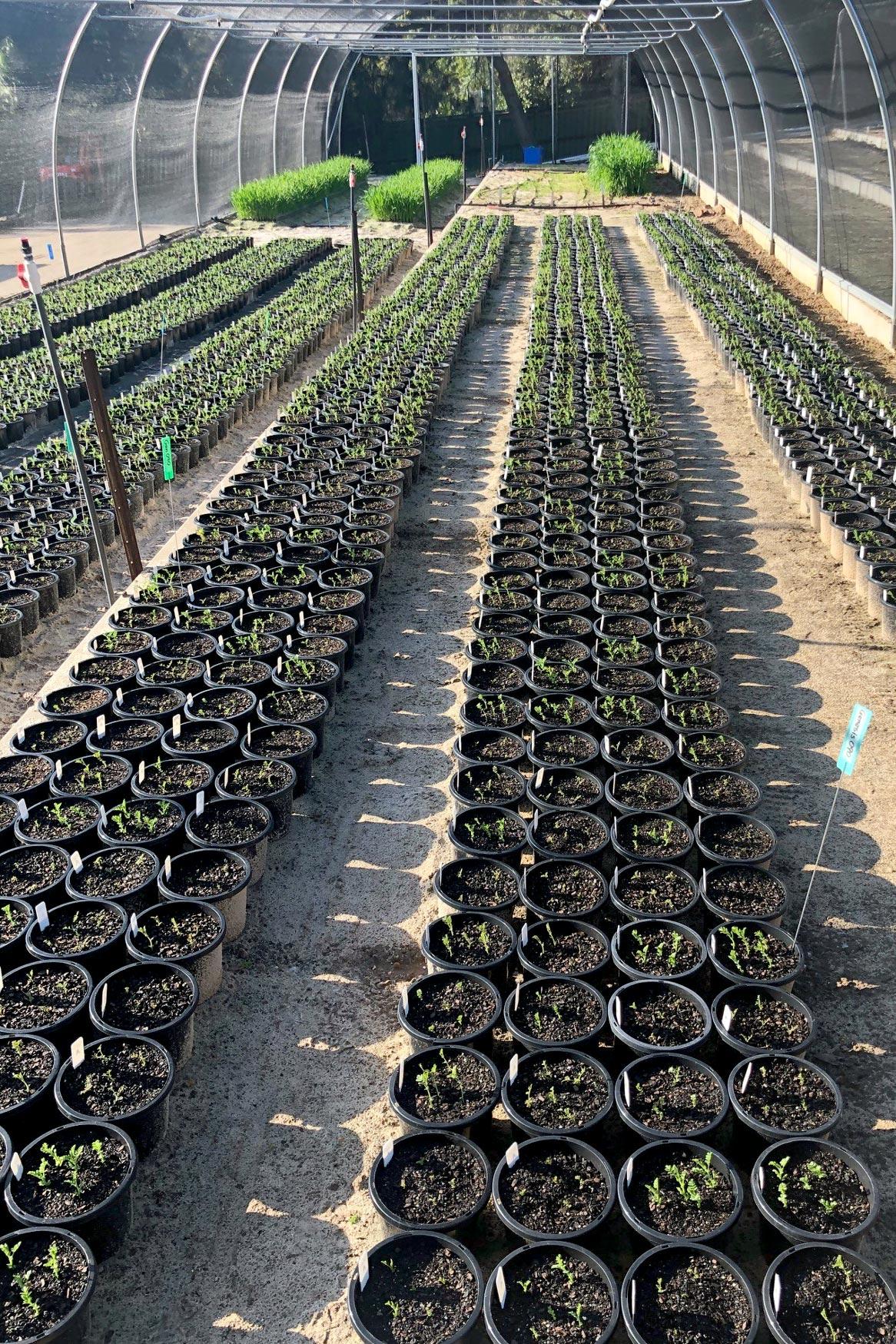Disease resistance in plants: Chickpea
Identify candidate genes involved in Ascochyta blight resistance in chickpea
Combine your passion for agriculture, plant science and bioinformatics to investigate genetic resistance to disease in chickpea.

Chickpea (Cicer arietinum L.) is an important pulse rich in protein and essential micronutrients. Australia is the second-largest chickpea producer in the world and the chickpea production area is projected to increase significantly, partially due to strong market demand for plant-based protein.
However, Ascochyta blight (AB), caused by the fungus Ascochyta rabiei, is a major disease that limits the expansion of chickpea production in Australia.
To develop durable genetic resistance to AB, we will measure AB resistant level of a large number of exotic chickpea germplasm in the field and identify candidate genes involved in AB resistance using advanced statistical models.
This honours project will be mainly computer-based, using existing software to analyse phenotypic data and DNA sequence data for genome-wide association mapping.
You will have an opportunity to use the University of Adelaide’s Phoenix High Performance Computer.
Alternatively, a specific project can be tailored to suit your interests within the following areas: genetic mapping; de novo assembling a chickpea reference genome; and genomic selection.
Key references
Li Y, Ruperao P, Batley J, Edwards D, Davison J, Sutton T. 'Genome analysis identified novel candidate genes for Ascochyta blight resistance in chickpea using whole genome re-sequencing data', Frontiers of Plant Science
Techniques/skills
You will learn about:
- Analysis of phenotypic data - disease resistance etc.
- Analysis of next-generation sequencing data
- Bioinformatics
- Biostatistics

Supervisors
Co-supervisor: Dr Judith Atieno - SARDI
Research area:
Plant genetics and bioinformatics, School of Agriculture, Food and Wine
Recommended honours enrolment: Honours in Plant Science
